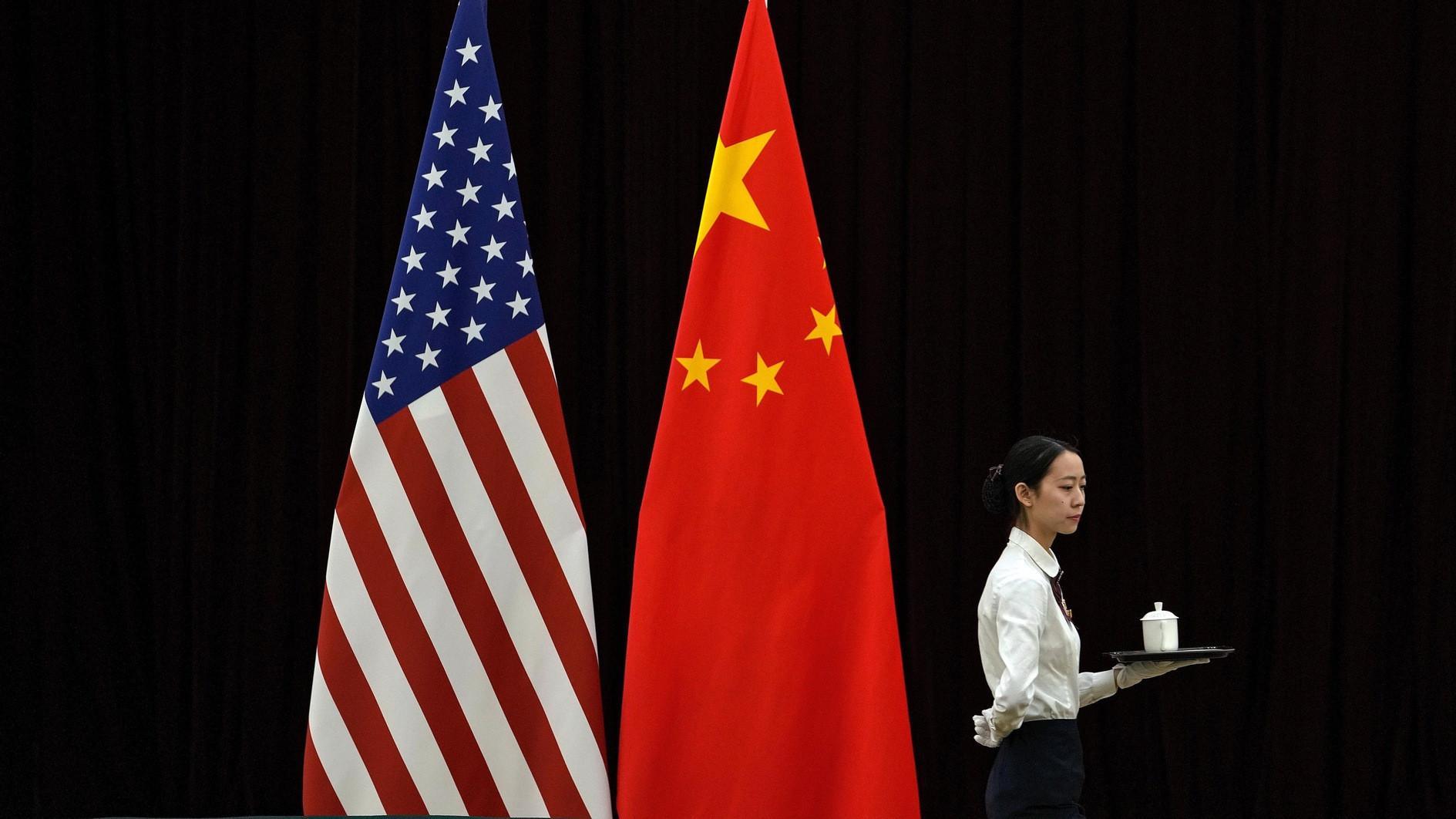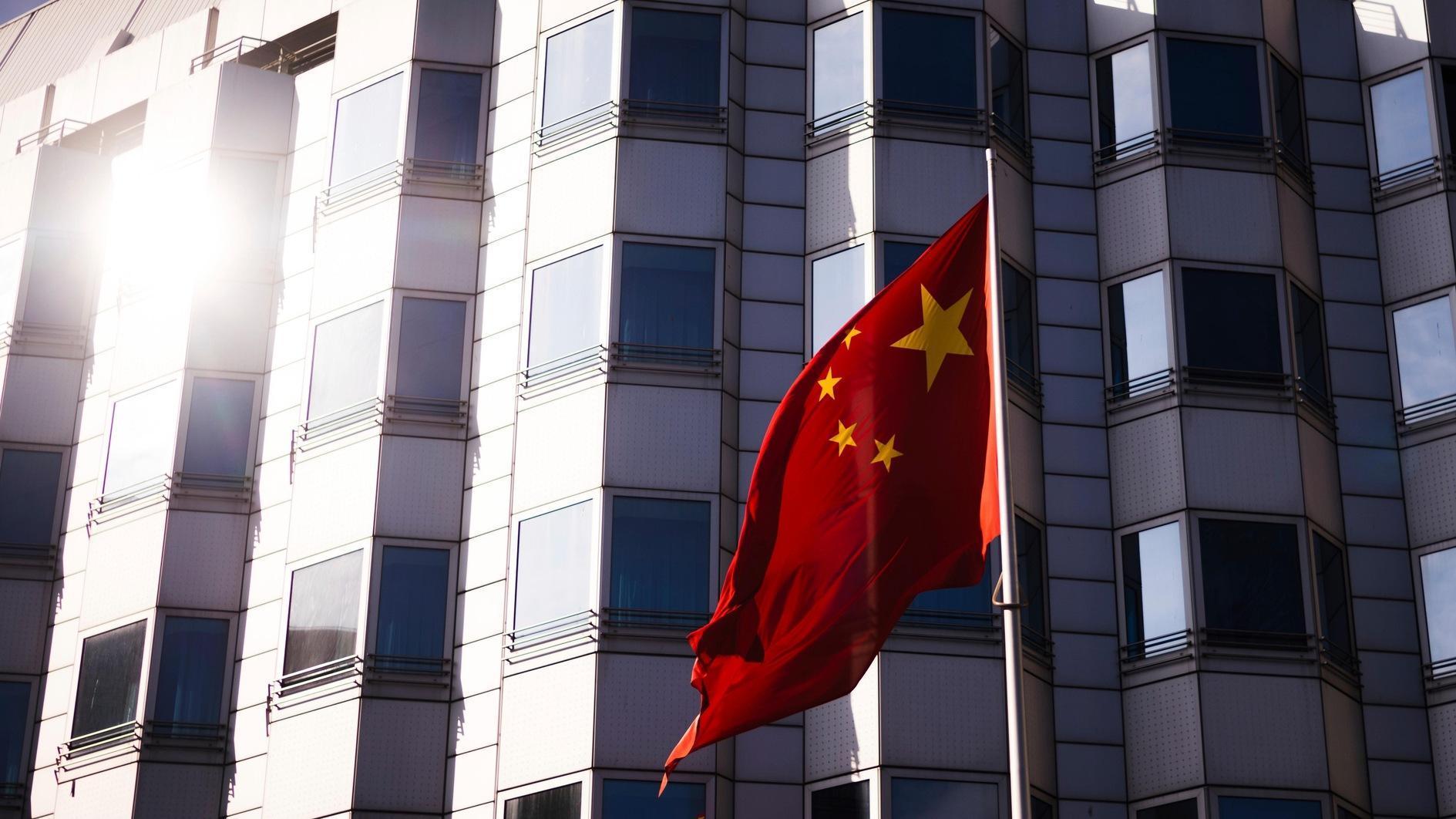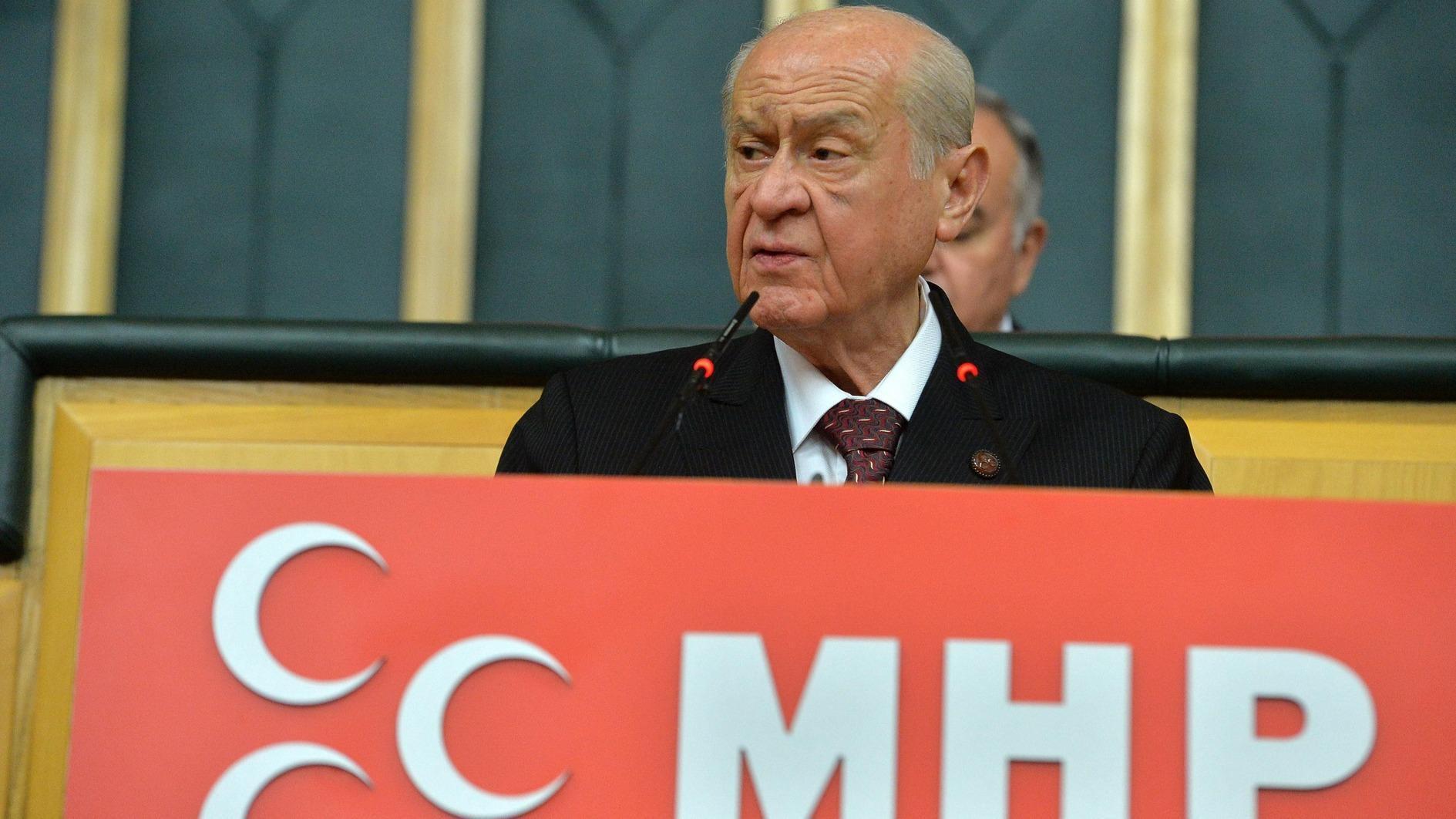Transformation pains
The Supreme Military Council, if it can still be called so after all the changes made in its structure, convened and ended within four hours with a decision to reshuffle almost the entire command of the Turkish Armed Forces.
Excluding the Chief of the General Staff Gen. Hulusi Akar, the entire command structure was changed despite all the expectations that the tenure of at least two of the retiring force commanders would be extended by one more year.
The Chief of General Staff and two of the three force commanders were captured by the putschist soldiers while the other escaped by unintentionally changing his program on the night of July 15, escaping from being taken hostage as well.
The Chief of General Staff and the three commanders were so successful in gathering intelligence and taking measures against putschist designs within the ranks of the forces they have been commanding that after the July 15 coup they were not sacked and are now expected to remain in office in line with the Turkish saying “one should not change the horse while passing through a stream.” Naturally, the commanders cannot be considered lame horses—it is just a saying. If the country managed to cross the stream, would the absolute ruler not decide to end emergency rule? Yet, the four-hour meeting of the civilian-dominated transformed Supreme Military Council (YAŞ) decided to dispatch the three commanders to retirement. Interesting enough, in the new composition of the YAŞ, military has four seats, the Chief of General Staff and three force commanders. Also interesting, is the three generals who will be retiring at the end of this month according to the YAŞ decision, have voted for their own retirement.
Obviously the Turkish public deserves to be informed of what triggered this outcome but under the current circumstances of the Turkish media, it might take years for a true picture to be available. Yet, there is one thing absolutely clear and that is the full control the president and his political clan established on the Turkish Armed Forces. It is a reality that Turkey has entered a totally new phase in the tradition of civilian-military cohabitation continuing in the country since the founding of the republic by Mustafa Kemal Atatürk and his comrades in arms. Now, coupled with the massive transformation which has been continuing in the civilian bureaucracy, judiciary, academia, it could be said in full confidence that not only the civilian authority or the “elected” has become the “absolute power” over the “appointed” the civilian-military balance which has always been problematic is now changed completely in favor of the civilian or elected body.
This unaccustomed new era or this radical change that came in phases over the past few years but accelerated after the July 15, 2016 failed coup might provide an avenue for the progress of Turkish democracy but carries the risk of establishing one-man rule in the country as well.
Can we say for sure that the Turkish military was finally domesticated and placed under firm control of the civilian government? For now, an era has definitely ended and a new one has just started. Yet, what the future might bring cannot be estimated in this country of constant ambiguities. We should not forget that on the eve of July 15, we were all united in commenting that the era of military coups has come to an end in Turkey. Can we make the same assessment in confidence today? Unfortunately not.
The more religion meddles in political affairs, the more problems this country swindling in between the mosque and secularist modernity will suffer. The more political administrations try to establish some sort of a “unity of powers” with a majoritarian understanding rather than “separation of powers” dictated by a modern understanding of pluralist democracy, the more it will be normal for this country to suffer from ups and downs.
Still, getting rid of military domination of governance in this country, consolidation of civilian governance should give hope for the future of Turkish democracy.
We are living through pains of a massive transformation. If Turkey gets out of emergency rule, perhaps the country may have a better and comfortable perception of the days to come.











